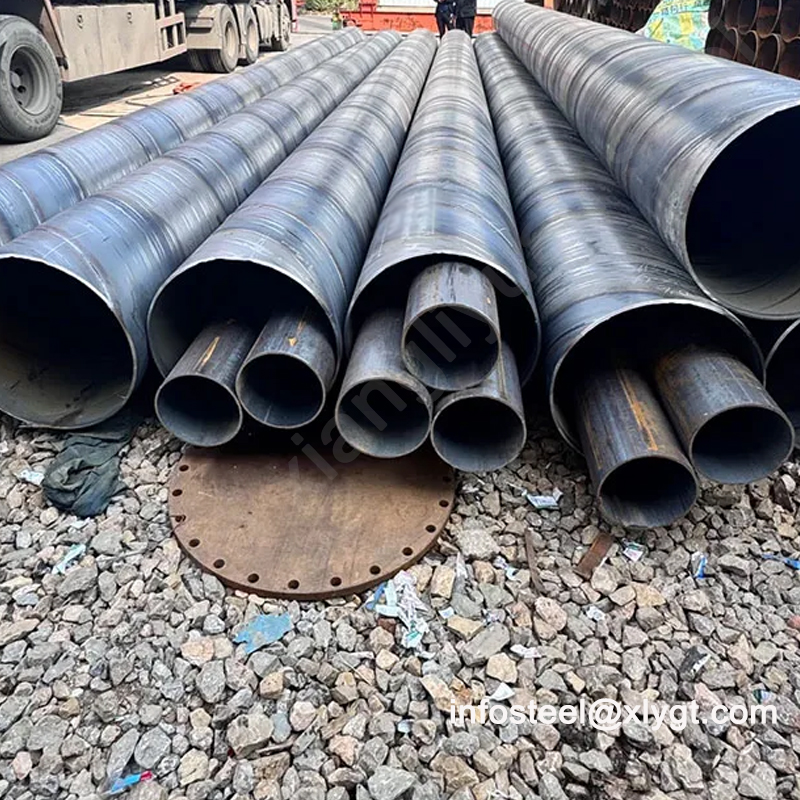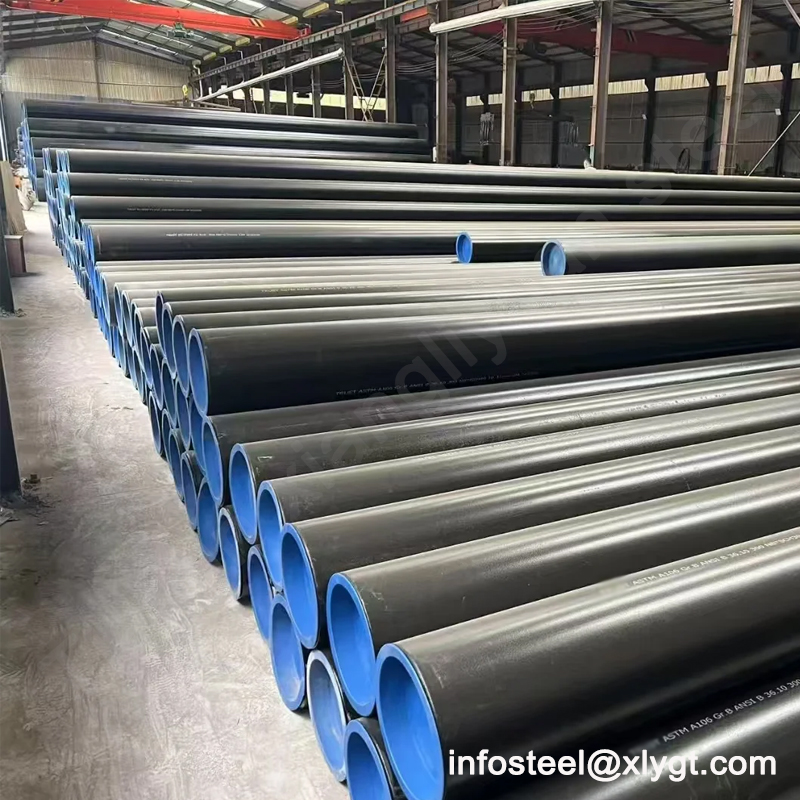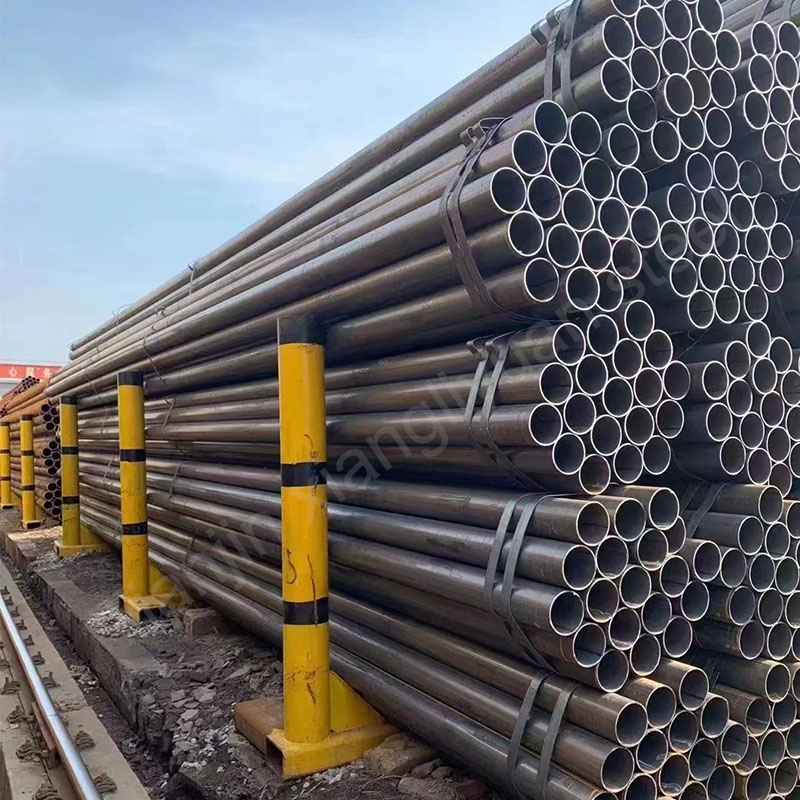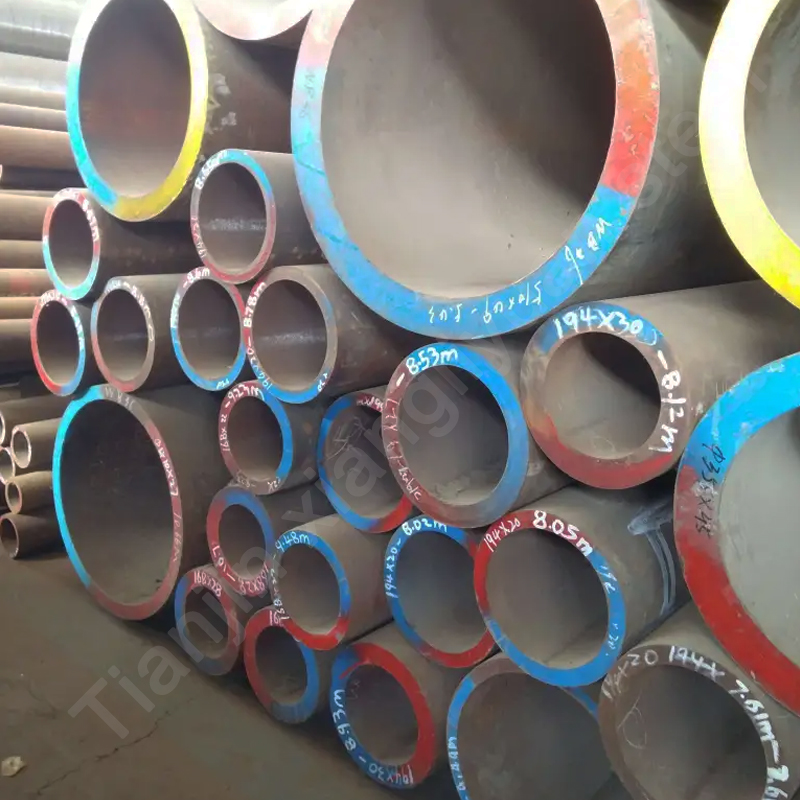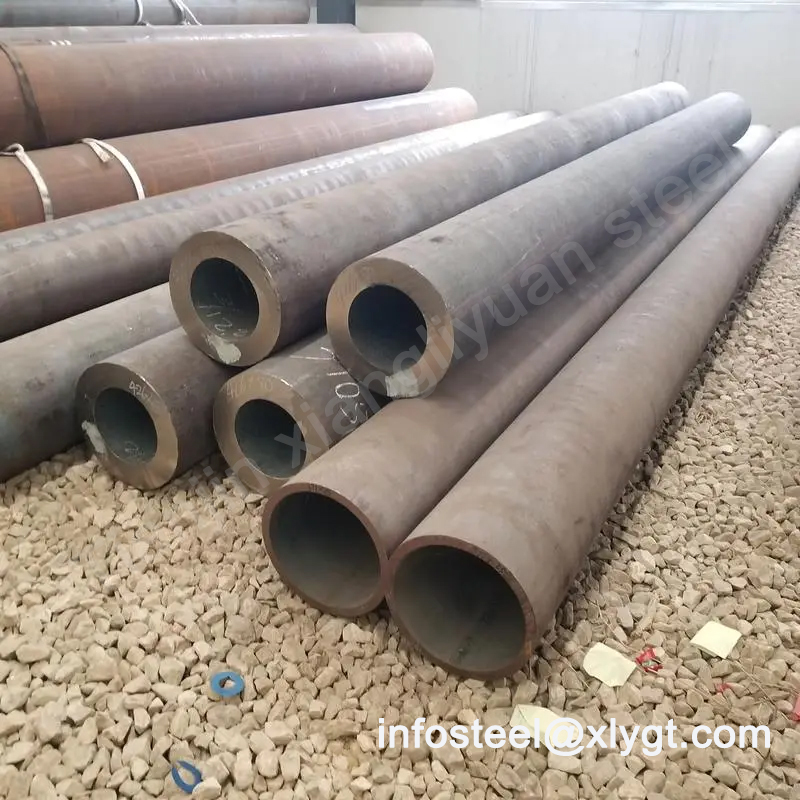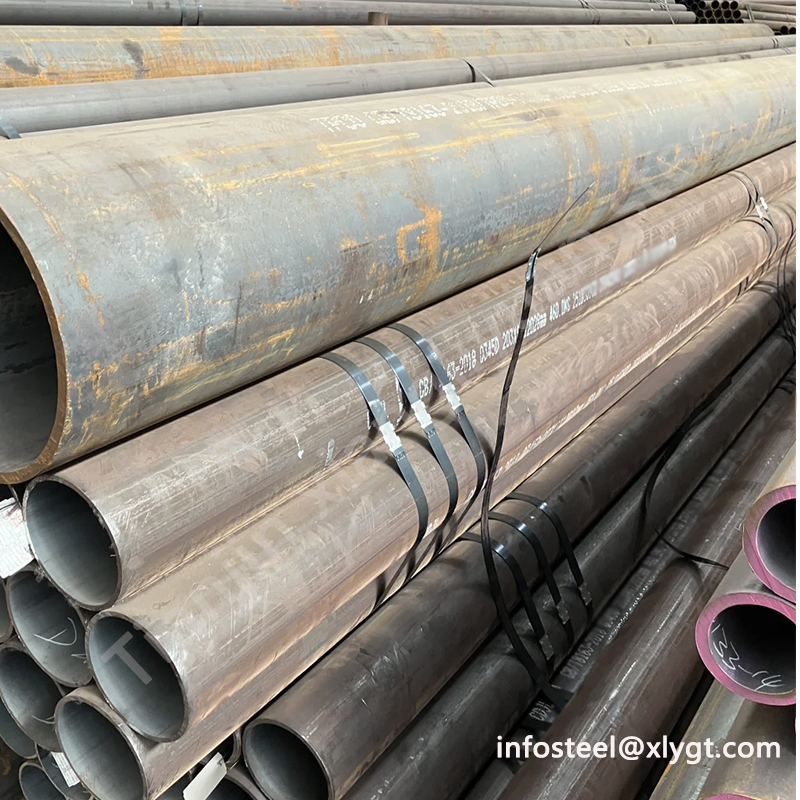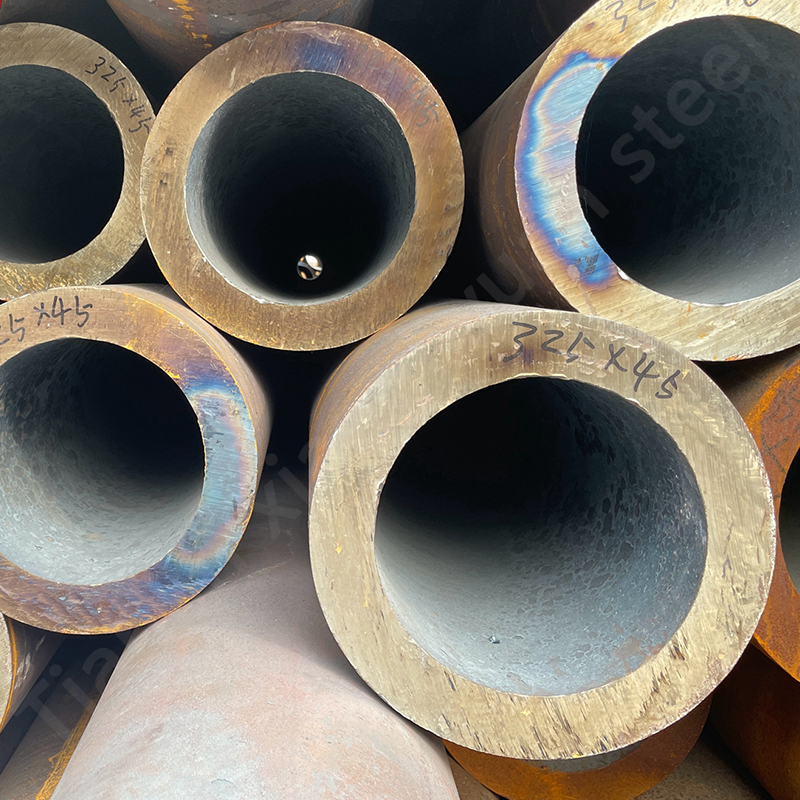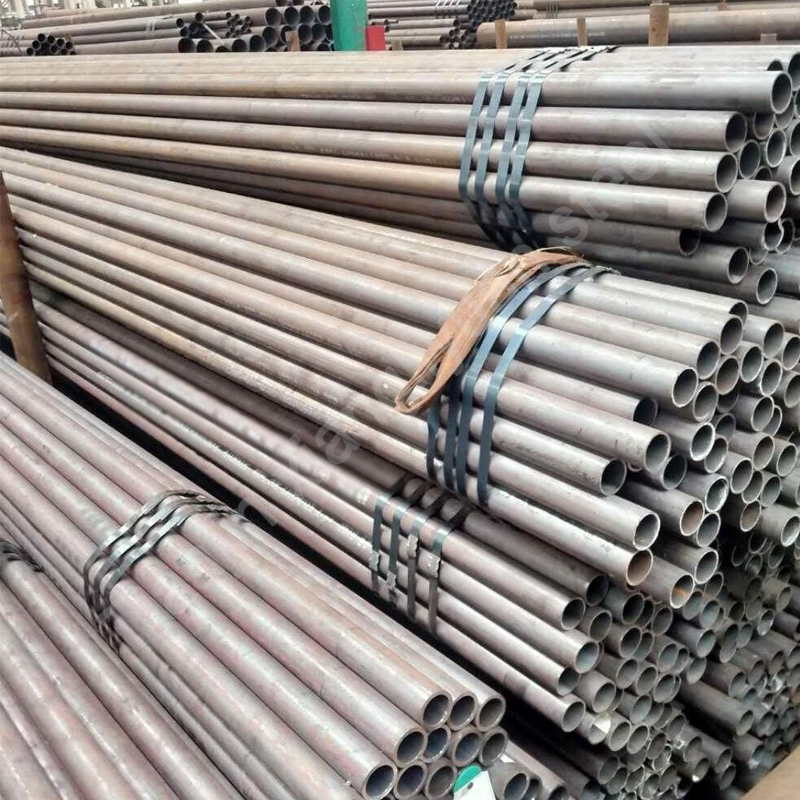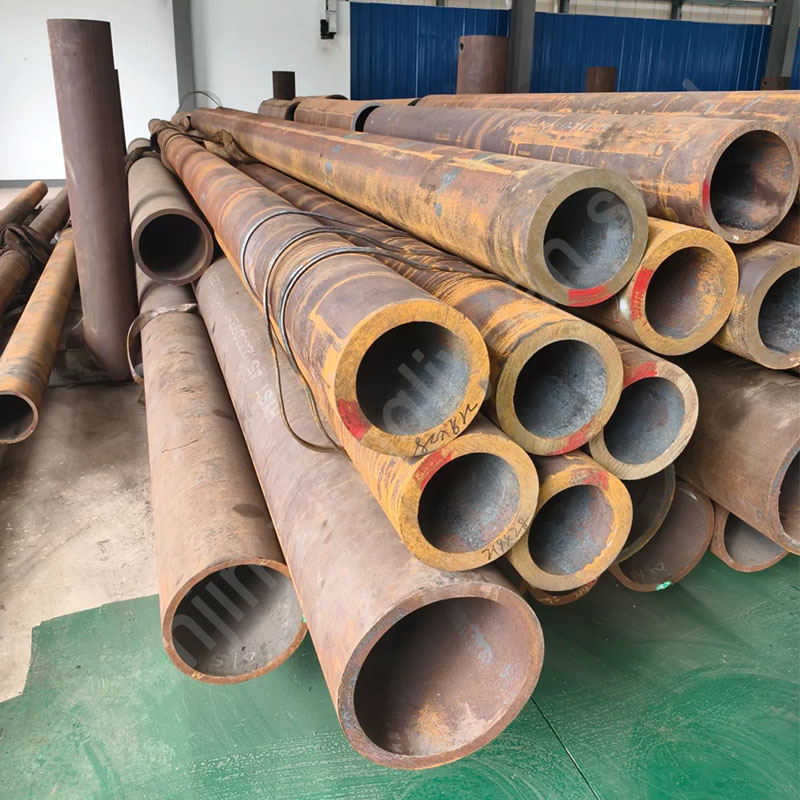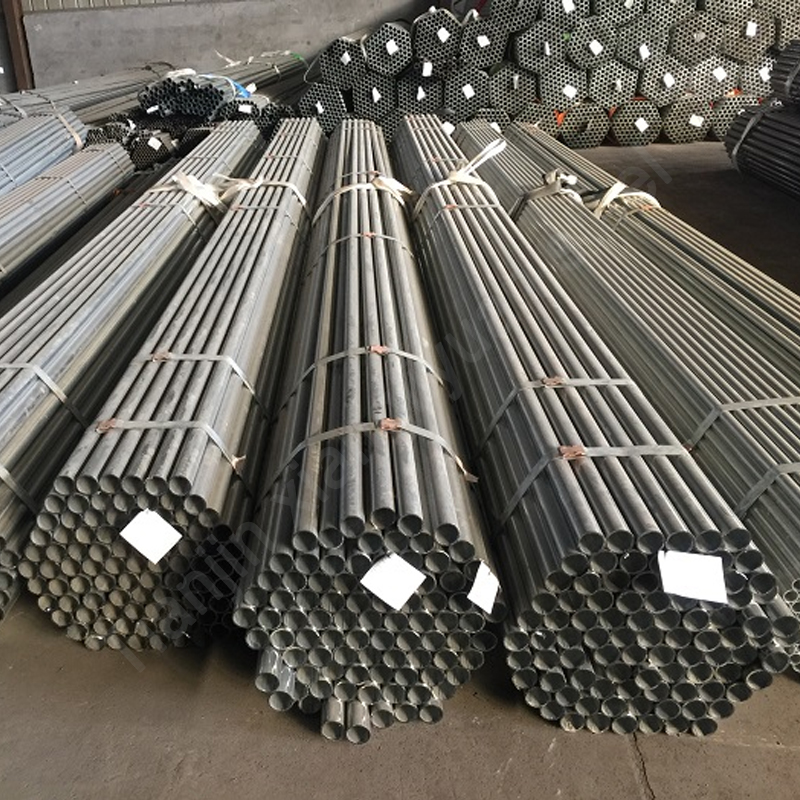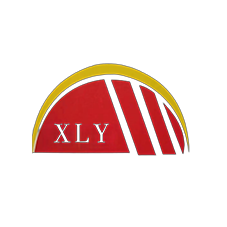Let’s be honest. When you're planning a pipeline project, you're not just moving a fluid from point A to point B. You're building a critical, long-lasting asset. You're balancing design pressures, terrain challenges, safety margins, and budget realities. You need a pipe that gives you
As a premier Chinese manufacturer specializing in high-performance steel pipes for demanding industrial applications, we recognize that material selection is critical for operational safety and longevity. Among our specialized product offerings, API 5L L245NS steel pipe stands out as a purpose-engineered grade designed to withstand
As a premier manufacturer in China's steel pipe industry, we are committed to providing reliable and cost-effective solutions for energy transportation and industrial infrastructure worldwide. Among our extensive product portfolio, API 5L L245N steel pipe stands as a fundamental and widely specified grade for numerous
As a leading manufacturer in China's precision steel pipe industry, we specialize in engineering and supplying high-performance materials for the world's most demanding environments. Among our flagship products, WB36 alloy steel pipe stands as a premier choice for applications where exceptional strength, superior corrosion resistance,
In the demanding world of power generation, petrochemical processing, and high-temperature industrial systems, the integrity of every component is paramount. Among these critical components, piping systems bear the relentless burden of extreme heat, immense pressure, and corrosive environments. Selecting the correct material is not just
In the competitive landscape of heavy industry, mining, and high-performance machinery, engineering demands continuously evolve toward greater power, efficiency, and durability. When component failure is not an option under extreme stress, impact, and fatigue loads, material science provides a definitive answer: 42CrMo alloy steel pipe.
35CrMo Alloy Steel Pipe: The High-Strength Structural Solution for Demanding Mechanical Applications
In the realm of heavy industry, construction machinery, and precision equipment, components are subjected to immense stress, impact, and wear. When standard carbon steel lacks the necessary strength-to-weight ratio and fatigue resistance, engineers turn to high-performance alloy steels. 35CrMo alloy steel pipe stands out as
In the demanding world of power generation, petrochemical processing, and high-temperature industrial systems, standard carbon steel pipes reach their performance limits. When operational environments involve sustained elevated temperatures and extreme pressures, a superior material is required. This is where 12Cr1MoVG alloy steel pipe stands out
While standard carbon steel pipes serve countless general purposes, many industries face unique challenges that demand specialized solutions. From extreme abrasion to precise thermal performance or stringent hygienic requirements, these applications require pipes engineered with specific properties that go beyond conventional offerings. Understanding these specialty
In the world of construction, strength meets vision. From the skeletal frames of skyscrapers to the elegant curves of modern architectural landmarks, carbon steel pipes provide the essential balance of durability, versatility, and cost-effectiveness that builders and architects rely upon. While other industries focus on

